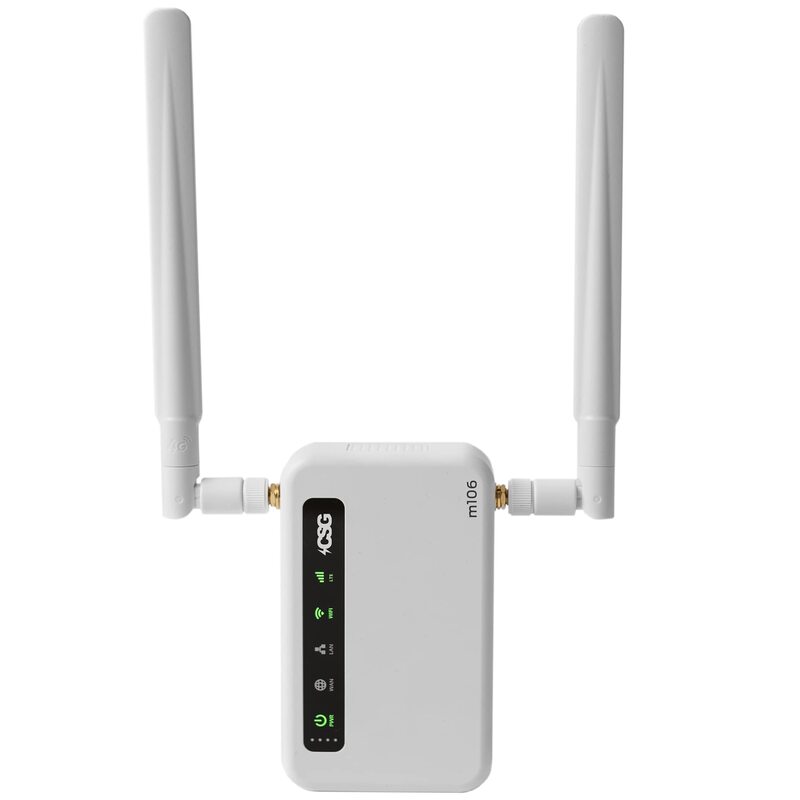In today’s interconnected world, the efficient transfer of data is crucial for both personal and professional settings. Two essential devices that ensure seamless communication across networks are gateway vs router. Although they might seem similar at first glance, these devices serve distinct roles within networking. Understanding the differences between them can greatly enhance your comprehension of network infrastructure and its functionalities.
Moreover, both devices fundamentally contribute to data transmission, but they operate in unique ways. Identifying clear distinctions helps in making informed decisions regarding network configuration and optimization. This article aims to clarify the functions, uses, and characteristics of gateway vs router. We will delve into the specifics and explore their roles in a comprehensive manner. Let’s dive deeper into this intriguing subject.
What is a Gateway?
A gateway is a critical component in networking that acts as a bridge between different protocols. Essentially, a gateway facilitates communication between networks that use different communication protocols. For example, it allows a local area network (LAN) to communicate with a wide area network (WAN). Additionally, gateways can perform protocol conversions and data translation, making them essential for inter-network communication.
Functions of a Gateway
First and foremost, gateways serve as entry and exit points within a network. They regulate traffic, ensuring that incoming and outgoing data is properly routed to the correct destination. Furthermore, gateways support various network types, whether wired or wireless. This flexibility makes them indispensable in complex network environments.
In addition, gateways can encapsulate data packets, allowing them to traverse different networking protocols. For instance, a gateway can convert HTTP data from a web server into a format suitable for a timestamp or a different application. Thus, they play a pivotal role in ensuring data integrity and maintaining seamless connectivity.
Types of Gateways
Gateways come in various types, each designed to serve specific functions. One common type is an application-level gateway, which focuses on the transport layer of the OSI model. These gateways often manage application-specific traffic, ensuring that data packets reach their intended applications effectively.
Another type is a protocol gateway that translates protocols for inter-network communication. For example, it can convert TCP/IP data packets into a format usable for legacy systems. Consequently, this enhances the overall functionality of networks by allowing legacy systems to integrate with modern systems seamlessly.

What is a Router?
A router, on the other hand, is a device specifically designed to forward data packets between computer networks. It connects multiple networks and routes data from one to another based on their IP addresses. Essentially, a router acts like a traffic manager for data, determining the most efficient path for the information to travel.
Functions of a Router
Firstly, routers manage data traffic, ensuring that packets reach their destination efficiently. They examine the IP addresses of incoming data packets and decide the best route for them. This decision-making process optimizes network performance and minimizes latency.
Moreover, routers can segment networks, improving security and reducing congestion. By dividing a large network into smaller subnetworks, routers help isolate problematic areas. Consequently, this segmentation can enhance the overall efficiency of the network.
Types of Routers
Routers fall into different categories based on their functionalities. A common type is a residential router, often used in home environments. These routers provide both wired and wireless connections, facilitating easy access to the internet.
In contrast, enterprise routers are designed for larger organizations. These routers typically offer enhanced features, such as advanced security protocols and bandwidth management. Therefore, they provide a more robust solution for dealing with high volumes of data traffic while ensuring secure connectivity.
Key Differences Between Gateway vs Router
While gateways and routers might seem somewhat interchangeable, significant differences exist between these two networking devices. Understanding these differences is essential for anyone involved in network management or configuration.
Protocol Translation vs. Data Routing
The primary difference revolves around their core functions. Gateways are primarily responsible for protocol translation. They allow devices with different protocols to communicate successfully. In contrast, routers focus on data routing, forwarding packets from one network to another based on IP address.
Furthermore, gateways can handle data at various layers of the OSI model, including application, transport, and network layers. On the other hand, routers primarily operate at the network layer. This distinction highlights the different roles each device plays in the overall data transmission process.
Usage Contexts
Another significant difference lies in their usage contexts. Gateways are often used in specialized networks, such as connecting different organizational networks or legacy systems to modern technologies. Routers, on the other hand, are ubiquitous in both home and enterprise scenarios, managing internet connections efficiently.
Complexity and Configuration
Gateways tend to be more complex than routers due to their multiple functionalities. Configuring a gateway often requires advanced networking knowledge. In contrast, routers can be relatively simpler to set up, especially residential models. However, advanced features in enterprise routers may still require specialized expertise for configuration.

Advantages of Each Device
Both gateway vs router come with unique advantages that cater to specific networking needs. Understanding these benefits can help in selecting the right device for your requirements.
Advantages of Gateways
Gateways offer several key advantages. One of the most notable is their ability to translate between different networking protocols. This capability allows disparate systems to communicate, thus enhancing overall network interoperability. Additionally, gateways also play a crucial role in security by acting as a firewall, helping to keep unauthorized access at bay.
Moreover, gateways can manage complex data conversions, ensuring that data packets are correctly formatted for their destination. This function is especially vital in environments where legacy systems need to interact with modern technologies. Overall, gateways facilitate seamless communication across various devices and platforms.
Advantages of Routers
Routers also bring significant benefits to networking. They improve network efficiency by optimizing data paths based on current traffic conditions. As a result, this enhances overall performance and reduces delays in data transmission. Additionally, routers provide essential security features that prevent unauthorized access to networks.
Furthermore, routers can connect multiple devices within a home or office setting, allowing for both wired and wireless connections. This versatility makes them indispensable in modern networking environments, ensuring that multiple devices can effectively communicate with each other.
Choosing the Right Device for Your Network
Choosing between a gateway and a router depends on various factors, including your network’s specific requirements. Understanding these needs can guide your decision-making process.
Assessing Your Network Needs
Initially, it’s crucial to evaluate the specific needs of your network. If your primary concern is facilitating communication between different protocols, a gateway is likely the best choice. Conversely, if you need to manage data traffic between multiple devices, a router would be more suitable.
Additionally, consider the complexity of your network. A simple home network typically requires just a router, while a more sophisticated setup may necessitate both devices. Assessing these factors also involves taking into account the level of expertise available for configuration and management.
Budget Considerations
Budget constraints also play a critical role in your decision-making. Routers are generally more affordable than gateways. However, if your networking requirements explicitly necessitate a gateway, it may justify the additional investment. Ultimately, a careful analysis of both needs and budget will guide you towards the most appropriate choice.

Real-World Examples of Their Use
Examining real-world applications of gateway and router can provide additional insight into their functionalities. Understanding how these devices operate in various contexts illustrates their practical significance.
Gateways in Action
Consider a business that employs both modern cloud services and legacy software systems. In this scenario, a gateway would be essential for enabling communication between the two systems. By translating protocols, the gateway ensures that data requests from the legacy system can reach the cloud service effectively.
Moreover, large organizations often use gateways to connect multiple branch offices across different geographical locations. This setup allows for cohesive communication and efficient data sharing across various platforms.
Routers in Action
On the other hand, take the example of a typical home environment. A residential router connects multiple devices, such as laptops, smartphones, and smart home devices, to the internet. It effectively manages incoming and outgoing traffic to ensure seamless connectivity for all devices.
In enterprise settings, routers often handle large volumes of data traffic. They manage internet connectivity for various departments and divisions, ensuring that everyone stays connected efficiently. Additionally, advanced routers enable secure connections to remote servers and VPNs, enhancing organizational efficiency.
Conclusion
In conclusion, both gateways and routers play essential roles in networking, albeit in distinct ways. Understanding their differences is crucial for expanding your comprehension of network architecture. Gateways facilitate communication between different protocols, while routers excel in managing data traffic. Both devices offer unique advantages that cater to specific networking scenarios. By assessing your unique requirements, you can make informed decisions regarding your network infrastructure.
Moreover, as technology continues to evolve, understanding these devices will become increasingly important. Whether you are setting up a home network or managing an enterprise infrastructure, this knowledge is invaluable. By making educated choices about gateways and routers, you can ensure reliable and effective communication across your networks. Thank you for exploring this topic!

Leave a Reply